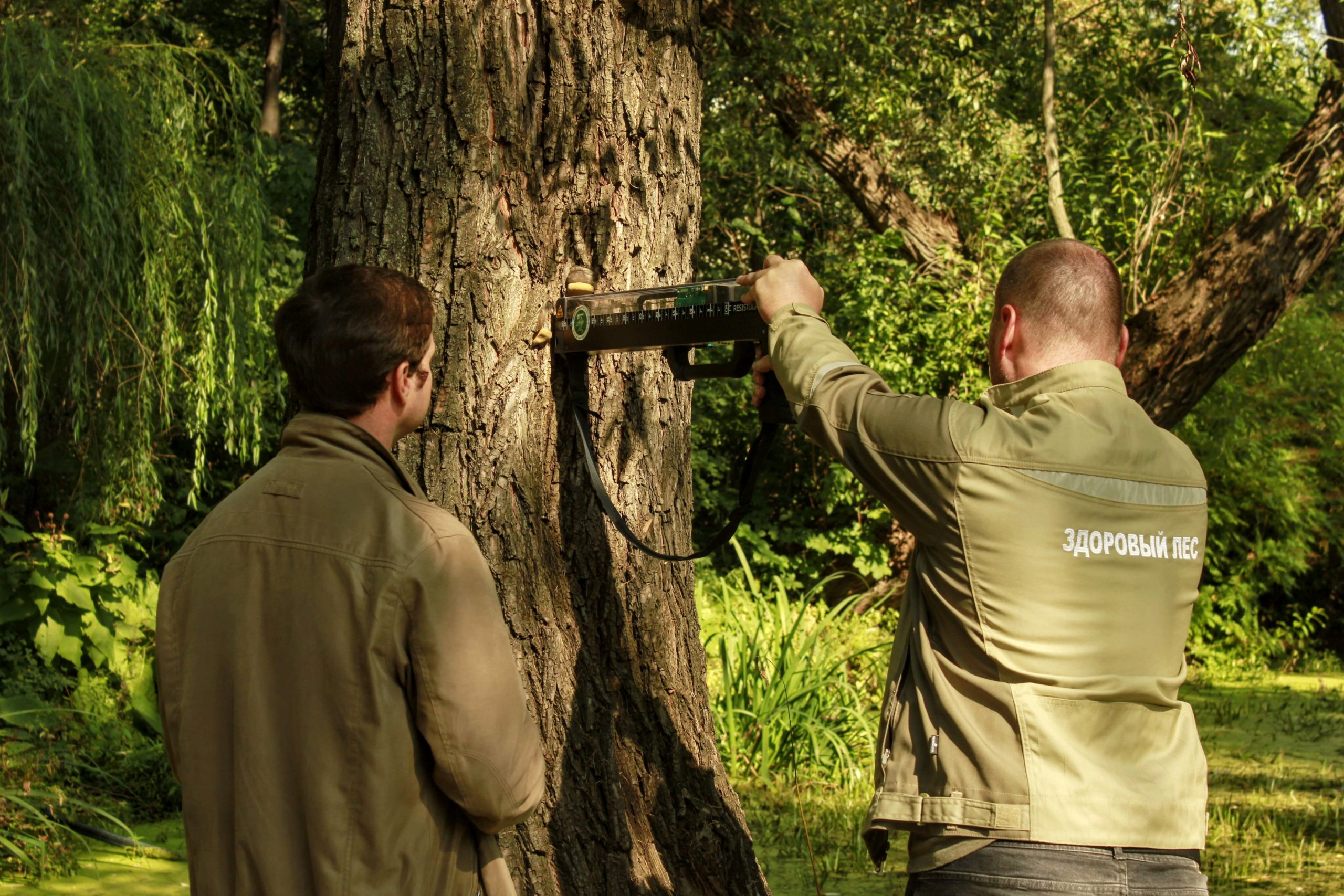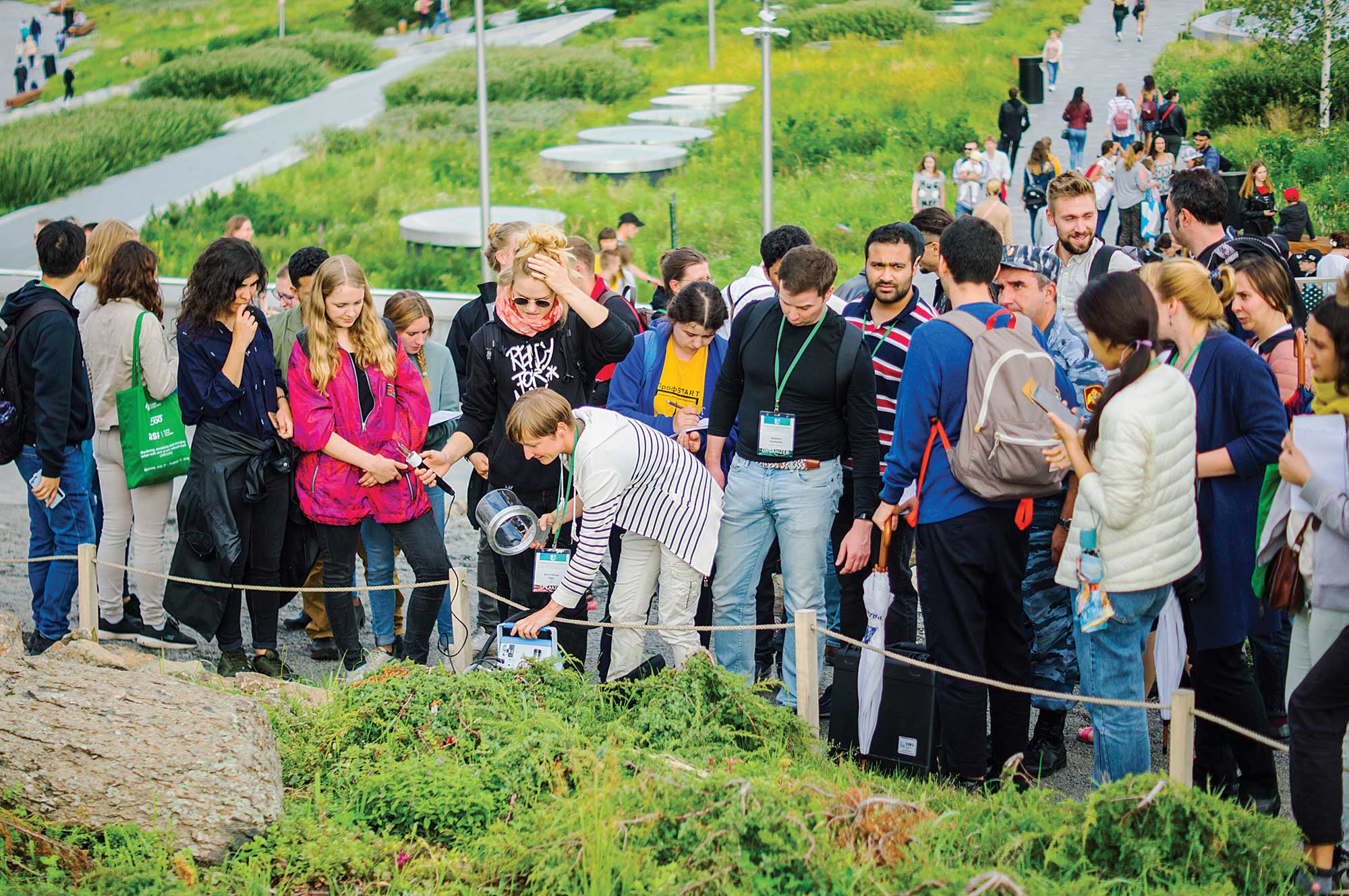October 11, the 4th annual Urban Soils: Biodiversity Development Symposium was held at Floyd Bennet Field (Brooklyn, New York, USA). It was the first event at the New York Urban Soils Weekend.
Among the organizers of the Symposium was RUDN University together with the Institute of Urban Soils of New York and the US National Park Service. Among the co-organizers are New York City University, the New York City Hall, the US Department of Agriculture, and the New York City Soil and Water Conservation Authority.



